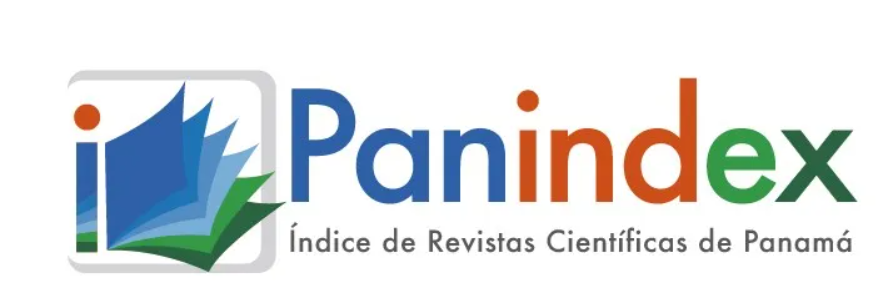The content of the publications and the links suggested in them are the sole responsibility of the authors and not of the METROPOLITAN UNIVERSITY OF EDUCATION, SCIENCE AND TECHNOLOGY (UMECIT) or CATHEDRA magazine. They are protected by international copyright laws just as the UMECIT and CATHEDRA logos, hence their reproduction is totally prohibited
This work is licensed under a Creative Commons Attribution-NonCommercial-NoDerivatives 4.0 International License.
The authors maintain the copyright and transfer the right of the first publication to the journal, with the article registered with Creative Commons Attribution-NonCommercial-NoDerivatives License, which allow others They can download the works published in this magazine and share them with other people, as long as their authorship is recognized, but they cannot be changed in any way nor can they be used commercially.
Authors are recommended to include their work in social networks such as Researchgate and institutional repositories once the article or visible fact has been published on the journal page, without forgetting to include the digital document identifier and the name of the journal.



Abstract
It is positive to bet on the strengthening of our legal regulations on labor matters, based on the premise that humankind is the basis of modernity and that as a responsible society we must identify the legal gaps that exist in our legislation, many of the which could be the product of the diverse effects that spring from the new concepts and definitions that show the cultural and social variables that we live with on a daily basis.
The primordial intention of this strengthening must always be the awareness of society, since many times its temporary way of acting and living demonstrates negative attitudes that may threaten human dignity and the fundamental rights of the human being, and which in a moment can become cruel behaviors that lead to harassment or harassment. However, whenever these attitudes exist, there will be people and organizations that, as a defense mechanism, will watch over the creation of a set of legal technical means that can put limits to the apparent normal evolution of any phenomenon that threatens those rights.
Keywords
References
Hirigoyen, MF. (1999). El Acoso Moral. El maltrato psicológico en la vida cotidiana. España. Ediciones Paidós Ibérica, S.A.. Argentina. Editorial Paidós
Palavecino, C. (2012). El Nuevo Ilícito de Acoso Laboral en el Derecho del Trabajo Chileno. Revista Chilena de Derecho del Trabajo y de la Seguridad Social. Volumen No.3. No.6. (Pp.13-28)
Peláez, J. (2010). El Acoso Laboral, una oportunidad para el cambio. España. Kaislaseditorial.
Smith, L. (2018). Entrevista Personal. Ministerio de Trabajo y Desarrollo Laboral (MITRADEL). Panamá.
Velásquez, M. (2002). La Respuesta Jurídico Legal ante el Acoso Moral en el Trabajo o “Mobbing”. Revista del Instituto Nacional de Seguridad e Higiene en el Trabajo. Volumen Nº 17. (Pp.27-38) Documento en línea. Disponible en: www.deconceptoscom. Consulta: 30/12/18.
Código de Trabajo de la República de Panamá.
Constitución Política de la República de Panamá.
Asamblea Nacional de Panamá (2017), Texto Único que comprende la Ley 9 de 1994, por la cual se establece y regula la Carrera Administrativa, la Ley 24 de 2007, que modifica y adiciona artículos a la Ley 9 de 1994, que establece y regula la Carrera Administrativa, las Reformas incluidas en la Ley 14 de 2008 incluyendo la Ley 23 de 12 de mayo de 2017. Gaceta Oficial No.26194.
Asamblea Nacional de Panamá (2018), Que adopta medidas para prevenir, prohibir y sancionar actos discriminatorios y dicta otras disposiciones. Ley No.7 de 14 de febrero de 2018. Gaceta Oficial No.28465-A. Panamá.
Declaración Universal de los Derechos Humanos.
Organización Internacional del Trabajo (OIT) (1998), Carta de Principios Fundamentales de los ordenamientos laborales.
Downloads
Publication Facts
Reviewer profiles N/A
Author statements
- Academic society
- Universidad Metropolitana de Educación, Ciencia y Tecnología
- Publisher
- Universidad Metropolitana de Educación, Ciencia y Tecnología




















